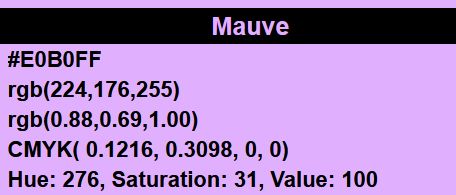What if you achieve the future you always wanted, and find it empty?
The advent of Generative AI, with the new* video models able to reproduce video at scale is bringing with it an unexpected reaction from the digital native generations (Millenials and Gen Z): retreat.
The erosion of trust that has come from the rampant use of GenAI in a post-truth era that was already struggling to reflect objective reality has resulted in a rejection of the online devices and smartphones that they have grown up with, taking up analog pursuits – some of which were cultivated during the early stages of the Covid-19 response – along with a desire for the Dial-Up Pastorale (from back in Episode 34).
It isn’t a full blown retreat from the virtual just yet, but the signs are there. Those most sensitive to the coming changes taking the first steps away from online life.
It is a rejection of the “Exodus to the Virtual” that was anticipated back in 2007 by Edward Castranova, and similar observations that were echoed during that era of massive growth in popularity of MMOs and virtual worlds.
Exodus to the Virtual (2007) was Castranova’s follow-up to his work on Synthetic Worlds (2005) which was an analysis of the MMORPG Everquest through an economic lens. In Exodus, Castranova positioned himself on the crest of the wave of the hype cycle for MMOs, hypothesizing that the economies of these places, built on fun, would be attractive enough to entice people to migrate to them and spend most of their time online within these environments.
There are many ways that this hypothesis was colossally wrong.
Eighteen years later, that projected exodus is all but gone. Even though consumer VR hardware is more available, accessible, and consumer friendly, the desire to take that path has withdrawn for more of the population, either no longer having the means to undertake the exodus or rejecting it wholesale.
Where can this rejection be seen? It’s there, on social media, in the subtext of the wry comments of those claiming “the internet was a mistake” with every new “advancement” in technology or viral trend that escapes containment. But it is also there, more explicitly, in the claims and calls to action of the Digital Natives, TikTok posts steadily gaining more views and likes, claiming that they’re done and walking away from the internet, a claim they assert will definitely happen if they can no longer discern truth from unreality thanks to the next iteration in generative AI.
There’s a paradox here, where those who have already noped out of the virtual won’t be posting about it too much on social media (obviously), but there is a brief window where they may leave traces – evangelizing about their choices the way only a vegan crossfitter can, or talking themselves up to final leaving it behind, and trying to convince others to join them.
This rejection of a future imaginary – even the few drops that are starting now, signs of the damn beginning to leak, sweating through before it buckles and breaks unleashing the torrent that bursts its way through – is rare, though not unknown, as we have collectively stepped back from other imagined futures before, with the waning of the nuclear age that dominated half the 20th century.
It’s also a pitch correction, or rather pitch rejection as the sale of the commodified self loses its luster and sheen, only begrudgingly uptaken by those who need it for work, or those too young to recognize the gilt for the thing covering of glitter that it is.
So the retreat is underway, those stepping away from the din and fray of the online battledomes quietly slipping out, and others starting to notice them in their absence. And much like in a battle where it only takes a few to break before a full on rout is underway, we may soon see this happen en masse. It may not take an oracle to predict it, but an Oracle may be involved all the same.
*: as of October 2025 – Google Sora 2


